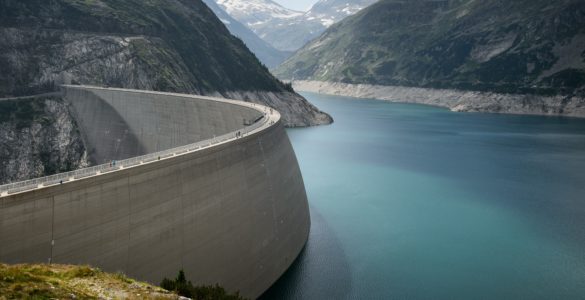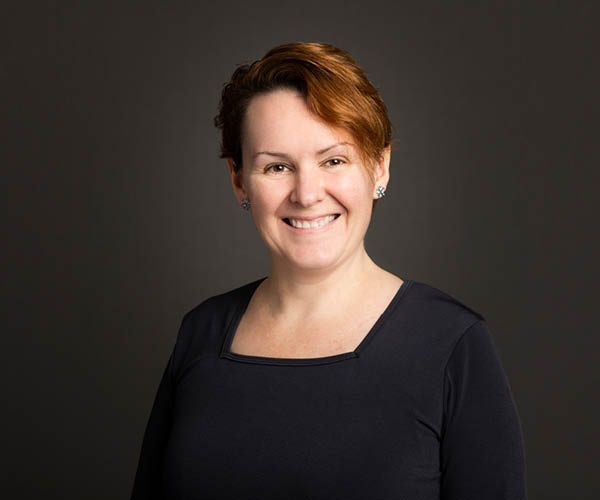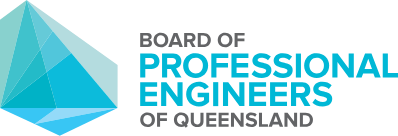05 Dec It’s time to change the world
Engineers interact with members of our community everyday – these conversations can have a profound effect, writes elected RPEQ representative Suzanne Burow.
National Water Week has concluded for 2019 with a theme of It’s time to change the world. Once again, a large portion of our state is drought declared1 (not to mention larger areas of our nation) and latest advice from the Bureau of Meteorology is for delayed onset of the monsoon trough2 which is crucial to catchment derived water supplies in much of Queensland. With water infrastructure in the news again, there is a sense of déjà vu about some of the recent sentiments in the public discussion and debate.

The last major drought, the Millennium Drought, brought about significant behavioural change of water users, improved planning for the future and new water infrastructure. External factors focused people’s thoughts and conversations on an everyday something that engineers do in the public interest, which previously had not received that sort of attention. Engineers were key to the success of these measures but just because ‘droughts and flooding rains’ are inevitable should not mean these sentiments need be.
“Engineers were key to the success of these measures…”
Consider recycled water in the Australian context. It has been and to some extent continues to be a contentious issue for the community. In 2006, a referendum was held in Toowoomba on indirect potable reuse and even with severe drought impacting the city’s water supply the community rejected the proposal. Fast forward to today and recycled water, where available, is predominantly an emergency water source or restricted to industry or agriculture. Yet our modern society, that loves to travel overseas, happily holiday in cities that use recycled water as part of their daily water source.
One of the aspects of the last drought that I found interesting was the body of research and understanding which arose around community engagement. There is no doubt about how crucial this was to the broader success of drought management on the eastern seaboard during the Millennium Drought and ultimately the success of the Perth groundwater recharge scheme. What can we as individuals within our sphere of influence apply from this understanding?
I am reminded of the TED talk by Derek Sivers3. This talk is framed in a leadership context but relevant to this topic in that the leader doesn’t know what inspired each follower. Was it his dancing style or his clothes? Every day we interact with members of our community and we have no idea how profound that conversation with that person may be to them. Not every conversation will have a profound impact but each one has the potential. Over time through these conversations we are socialising ideas with the community admittedly less directly than a water taskforce. Conversation is the key and it is within our sphere of influence.
We can’t change the trajectory of the current drought, although many of us will be engaged in various projects and initiatives to support our communities during these challenging times. We can also make a difference to how the next drought (or indeed flood) unfolds by being advocates for engineering in the public interest – every chance we are afforded.
Many of you reading this article are not working in the business of water – but the same lessons apply to the nearly 15,000 of us registered engineers who have committed to practicing in our respective areas of expertise. Engineers and engineering shape our society although engineering doesn’t have the public profile of other professions (yet). However, that shouldn’t stop us all from being advocates for engineering in the public interest. What daily conversations do you plan to have in your areas of expertise?

SUZANNE BUROW
Elected RPEQ Representative
FIEAust CPEng NER APEC Engineer IntPE(Aus)
Suzanne joined the Board in 2019 as the elected representative. She is a chartered and registered Civil Engineer with considerable experience as a practitioner in water resources engineering in various sectors across the industry. Suzanne is currently a consulting engineer in the private sector and the Deputy President of the Queensland Division of Engineers Australia.

SUZANNE BUROW
Elected RPEQ Representative
FIEAust CPEng NER APEC Engineer IntPE(Aus)
Suzanne joined the Board in 2019 as the elected representative. She is a chartered and registered Civil Engineer with considerable experience as a practitioner in water resources engineering in various sectors across the industry. Suzanne is currently a consulting engineer in the private sector and the Deputy President of the Queensland Division of Engineers Australia.
1 https://www.longpaddock.qld.gov.au/drought/drought-declarations/
2 http://www.bom.gov.au/climate/enso/
3 https://www.ted.com/talks/derek_sivers_how_to_start_a_movement?language=en

 MY ACCOUNT
MY ACCOUNT
